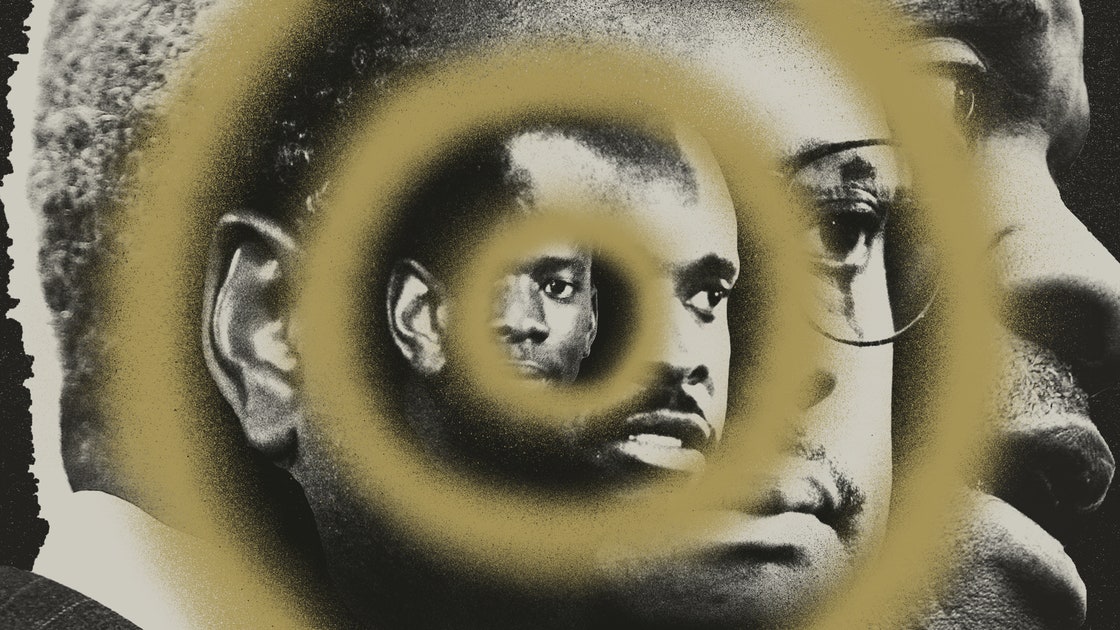Perhaps the most insidious of those experiments, for Thomas, is affirmative action, which he has long opposed. His critics call him a hypocrite. “He had all the advantages of affirmative action and went against it,” Rosa Parks said of Thomas, in 1996. His defenders believe that Thomas is advancing a common conservative line—that affirmative action is a form of reverse racism, which imposes illegitimate burdens on whites. In fact, Thomas’s arguments are considerably more unorthodox than that. According to Thomas, affirmative action is the most recent attempt by white people to brand and belittle black people as inferior. Affirmative action does not formally mirror the tools of white supremacy; for Thomas, it is the literal continuation of white supremacy.
His argument is rooted in two beliefs, each informed by his time spent on the left. The first is that affirmative action reinforces the stigma that shadows African-Americans. Among many whites, blackness signals a deficit of intellect, talent, and skill. Even Supreme Court Justices, Thomas wrote in one opinion, “assume that anything that is predominantly black must be inferior.” When the state and social institutions identify African-Americans as beings in need of help, they reinforce that stigma. It doesn’t matter if some African-Americans succeed without affirmative action. In the same way that enslavement marked all black people, free or slave, as inferior, affirmative action—here Thomas borrows directly from the language of Plessy v. Ferguson—stamps all African-Americans with “a badge of inferiority.”
The second way affirmative action continues white supremacy is by elevating whites to the status of benefactors, doling out scarce privileges to those black people they deem worthy. The most remarkable element of Thomas’s affirmative-action jurisprudence, and what makes it unlike that of any other Justice on the Supreme Court, is how much attention he devotes to whites, not as victims but as perpetrators, the lead actors in a racial drama of their own imagination. Put simply, Thomas believes that affirmative action is a white program for white people.


